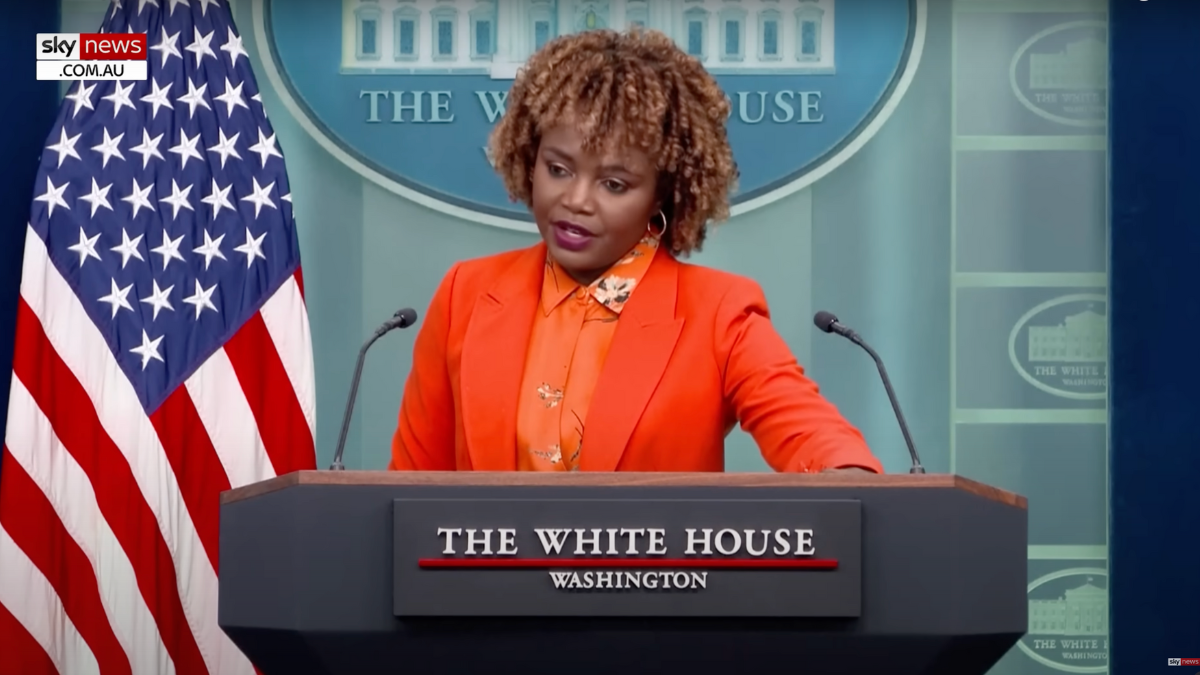Left struggles to apply ‘white privilege’ globally.
Is White Privilege a Universal Truth?
If you’ve suffered through any type of mandatory diversity training in your school or workplace, or simply spent enough time on Twitter, you have almost certainly encountered the concept of white privilege. It goes something like this: White people, just by virtue of being white, automatically have life a little better than everyone else, especially when compared to black people.
Through no merit of their own, white people are favored in job applications, placed into positions of power, granted more opportunities and higher social status. White people are the majority, and they’re overrepresented in everything. White people don’t have to fear being pulled over or shot by police. The list goes on.
But does white privilege really align with reality?
White privilege is always discussed in the context of America. White privilege apologists cite statistics about the income gap between white and black Americans, for example. And although they frame everything within the context of this country, at the same time, they teach white privilege as a universal truth. They claim white people always have been, always are, and always will be the overrepresented majority getting a free pass and an unfair advantage wherever they go in the world. They are taking statistics and anecdotes from the U.S. and extrapolating that data, applying the same narrow lens to the rest of the world, and assuming things shake out the same way everywhere.
But what if we take a different approach?
Globally, whites are a minority. If you are white and you go to visit China or India, you will stick out like a sore thumb. And who holds the highest political offices in China and India? Obviously not white people. When you broaden your perspective, a piece of the white privilege narrative stops making sense.
Some may argue that even if white people are the minority in some parts of the world, they are still given preferential treatment and better opportunities wherever they go. I don’t think this is true. If you are not an expert in the language and culture of the country you are living in, you will be an outsider to some extent. Even if you take all the language and culture classes you can to prepare yourself, you still won’t have the inside knowledge and social connections of a native. You would have to build that up over years of immersion and assimilation. Without that knowledge and those connections, you would naturally be barred from certain opportunities and from fully participating in everything that country’s society has to offer.
When we use a global lens to look at the issue of white privilege, it becomes clear that all the pieces of the white privilege puzzle no longer fit together neatly. White people are only the majority in a small part of the world. White privilege cannot be a universal truth. If it exists at all, it doesn’t exist in exactly the same way in most of the world.
Okay, fine, but why does any of that matter when we’re looking at the US and the racial disparities that exist there? What does the global lens change about that? It matters because reality matters, especially when you’re trying to solve a real problem. White privilege oversimplifies things. It creates overly generalized categories of “All White People” vs. “All People of Color.”
But reality isn’t simple. Reality is complex because individuals are complex. There are so many factors and decisions that lead to gaps like the income gap between white and black Americans. Blaming all white people for being “part of the problem” is the easy way out.
" Conservative News Daily does not always share or support the views and opinions expressed here; they are just those of the writer."





Now loading...